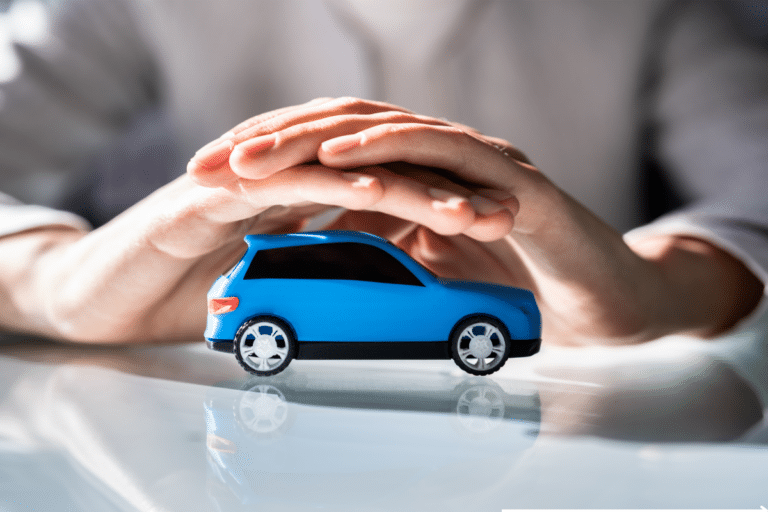By law, every driver must carry insurance on their vehicles within the minimum requirements set by the state. If you have quality insurance coverage for your vehicle, you might assume that it applies to every car you drive – whether you are on the vehicle’s insurance or not. Unfortunately, this is not how the process works. When you get in a car accident in your own vehicle, you have the benefits that come with your own insurance coverage – but this does not apply if you are driving another person’s vehicle.
Car Insurance Follows the Car, Not the Driver
When you lend a vehicle to someone for a few hours, or even a few days, it is important to understand that you are lending him or her your insurance coverage, as well. Your comprehensive and collision coverage will apply to your vehicle, regardless of who drives it. In general, an insurance policy adheres to the following rules in the event of a car accident.
- Any non-excluded driver enjoys coverage under your insurance policy, and it would be primary in the event of an accident. The driver’s own insurance coverage takes on secondary coverage. If, for example, a friend gets into an accident with your vehicle, you will be financially responsible for the deductible and any potential premium increases. The friend, on the other hand, will likely be liable for any medical expenses, and his or her coverage will kick in if the accident exceeds your policy limit.
- If someone gets into an accident in your car and is not at fault, the process becomes a little easier. He or she will have to file a claim with the at-fault driver’s insurance policy, will not have to pay the deductible, and will receive compensation for the damages he or she incurs.
- If someone borrows your vehicle and does not have a personal insurance policy, and an accident exceeds policy limits, then you may be liable for the additional damages.
- If an excluded driver, or someone whom you explicitly exclude from insurance coverage, uses your vehicle and is in an accident, you could be personally liable for any damages that result.
Permissive Versus Non-Permissive Use
The scenarios above apply to permissive drivers, or those in which you give permission to drive your vehicle. An omnibus clause of your policy gives blanket coverage to those you give permission to operate your vehicle.
If a party takes a car without your consent, however, it is non-permissive use. A driver who uses your car without permission will be accountable for any damages he or she causes. For example, if a friend or family member takes your vehicle without permission and gets in an accident, then he or she will likely have to seek compensation for damages under his or her own policy.
Unfortunately, most car insurance companies assume that you give permission to a friend, relative, or anyone else who drives your car, so you will likely be liable for any damages they cause, even if you did not personally give them the keys to your vehicle.
What Is the Significance of This Approach?
Given that the policy follows the car, not the driver, think carefully before agreeing to lend a vehicle to a friend or a visiting relative. You may think it is the polite thing to do, but several instances exist in which you may be on the hook for damages he or she causes. Know the terms of your insurance policy and how an accident may affect your coverage by speaking with a car accident lawyer in Layton, UT. Even if your friend is a careful driver, think twice before lending any of your vehicles out, and prepare to be liable for damages if he or she causes a crash.





